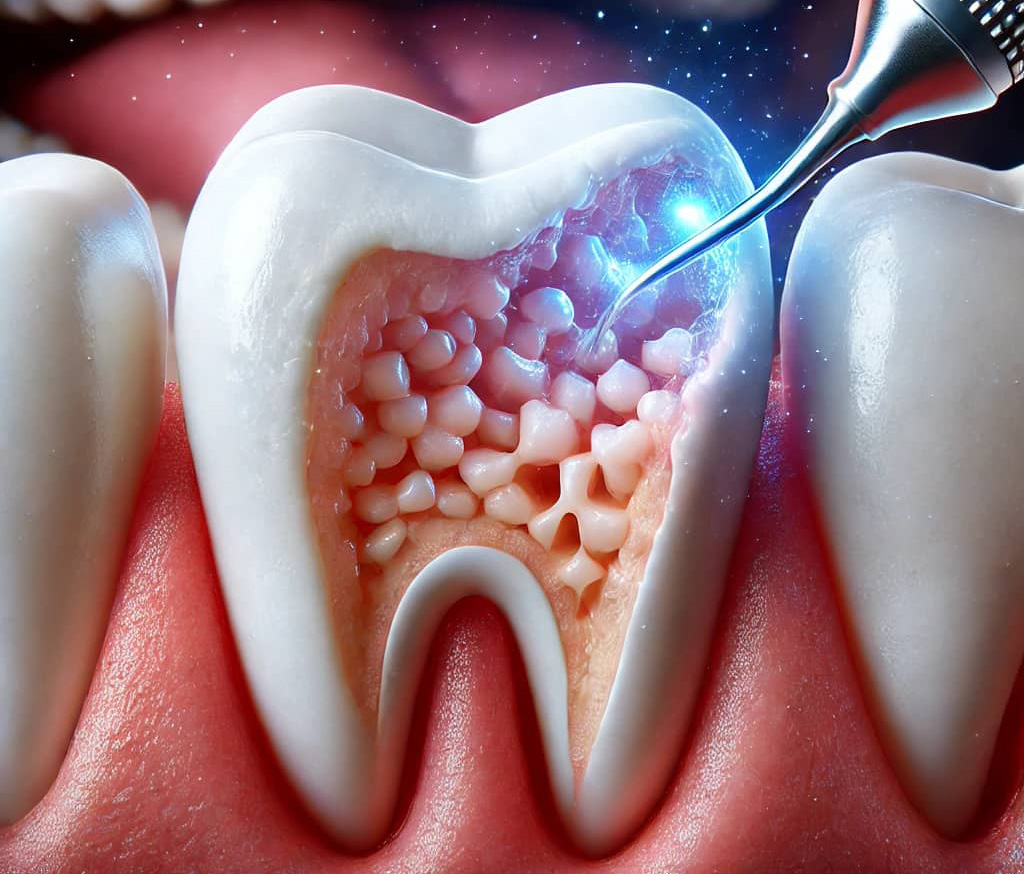
Researchers at the University of Washington have made a groundbreaking discovery that could revolutionize dental care. They successfully transformed stem cells into ameloblasts, the cells responsible for creating tooth enamel, which is the strongest substance produced by the human body. Once enamel wears away, it cannot regenerate, but this new research offers hope for the development of "living" fillings made from real enamel. The ability to regrow enamel would be a major advancement for patients with cavities or damaged teeth.
Hannele Ruohola-Baker, a biochemistry professor and associate director at the Institute for Stem Cell & Regenerative Medicine, explained how enamel normally forms during fetal development. Ameloblasts create enamel in the womb, but once the teeth have emerged, these cells die off, leaving the body unable to produce more enamel. The researchers’ achievement of transforming stem cells into ameloblasts opens the door to potentially regenerating enamel for adults.
The team initially faced challenges in creating functional enamel. While they were able to produce ameloblasts, the cells did not secrete enamel properly until they introduced another type of cell called odontoblasts, which are also involved in tooth formation. Together, these cells were able to start producing enamel in a lab setting, marking a major step forward in dental regeneration.
One of the most exciting potential applications of this research is the development of "living fillings." Instead of traditional fillings, which can degrade over time, these fillings would continue to grow and repair the tooth by producing enamel. This could prevent the "cycle of death" that often occurs when a tooth is drilled and filled repeatedly over a lifetime.
While there is still more work to be done before this technology becomes available to patients, the dream is to eventually use these lab-grown enamel-producing cells in three ways: applying enamel to small cracks, inserting cells into cavities to produce enamel, and creating living fillings. Ruohola-Baker is optimistic that this dream could become a reality in the near future.

